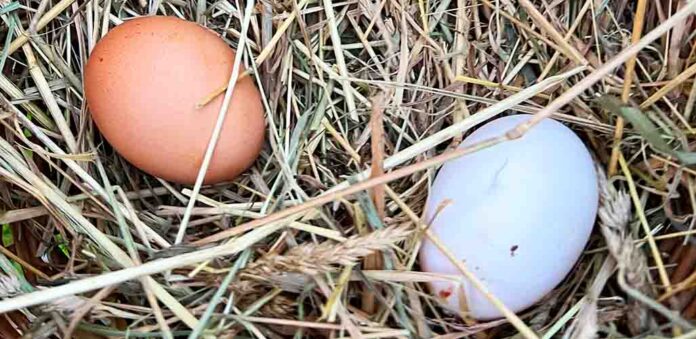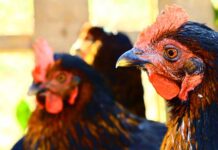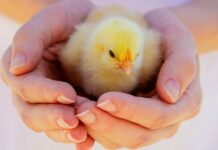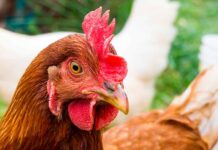Chicken eggs that are blue are a surprisingly polarizing topic, at least for poultry enthusiasts. Most store bought eggs range from an off white to a deep brown, and blue is a color more associated with ducks than hens. Yet this curious color is common amongst some breeds, and is a trait that must have been selected for over a period of several generations. All chicken eggs have either white or blue as a base color, any other shade is caused by the pigment that is overlaid. Some of us, like me, love finding a blue egg in the lay box. But others prefer that traditional tone.
Contents
Why Are There Some Chicken Eggs That Are Blue?
Egg color is carried on a chicken’s genetic coding, in the same way that our eye or hair color is. Scientific testing has confirmed that blue eggs come from a dominant gene. That means that if your hen inherits the potential for blue eggs from just one parent, their eggs will be blue.
Shades of Blue
We all know regular eggs come in many shades. Even if you don’t keep chickens, you’ll have seen packs with a spectrum of tones. And blue eggs are no different!
They can be a pale blue that looks almost green when you rinse them under the faucet, but if they inherit it from both then their eggs will be a stronger and deeper shade.
Was I Going To Get Blue Chicken Eggs?
I knew there was a possibility of some of my chickens laying them, but because these particular hens were mixed bred I wasn’t certain.
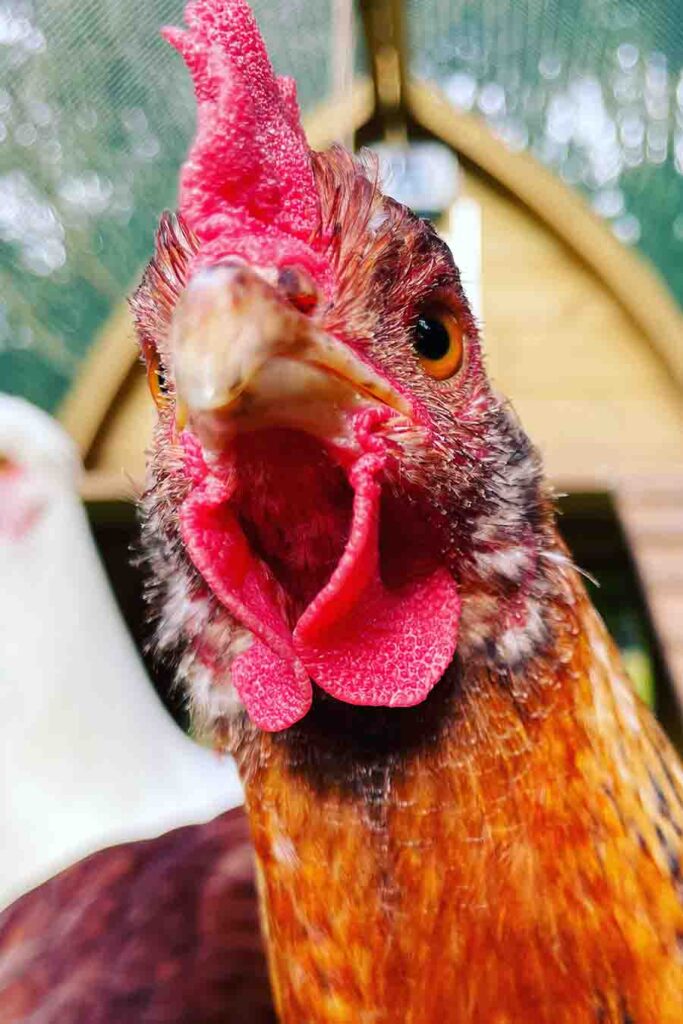
I currently have four gorgeous hens. One is a Rhode Island Red who has been laying brown eggs for me each day for a while now, the others are a mixed bag. Their mothers are Light Sussex crossed with Rhode Island Red, and their father was probably a Crested Cream Legbar rooster. This magnificently random combination has given me some pretty cool looking hens. Two of them are speckled like their father, but with a pale orange base color like their mothers. The other is a pure white hen, with a crest on her head.
And this hodge podge of hens had a few potential egg colors. Pure Rhode Islands’ lay brown like my girl Harry. Light Sussex Rhode Island mixes lay pale brown eggs, at least in my experience. But these girls could have any shade of brown, or blue like their father’s lines would produce.
Our rooster was an adult rescue, so although he looked like a Legbar, we weren’t certain.
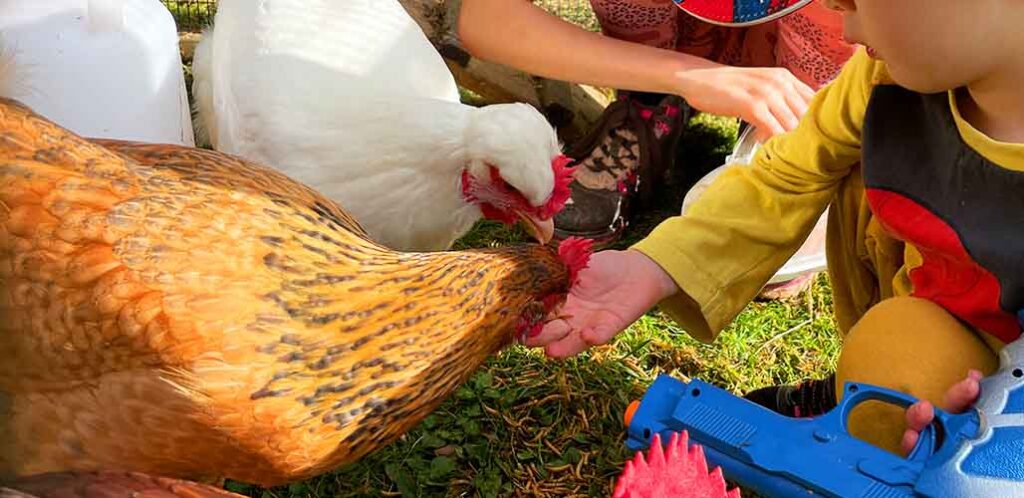
Predicting Egg Color
If our rooster was a full Crested Cream Legbar, he would have two copies of the blue egg gene, despite being a male. Sex chromosomes work back to front in chickens, you see. Where we have XX females and XY males, chickens have ZW females and ZZ males! Egg color genes are carried on the Z, so our crowing boys have the potential to impact egg color too.
Now, I’m not going to go full science on you here, because even fowl biologists throw their hands in the air when it comes to egg shell color genes. But it’s important to know that whilst egg color seems like a simple on off switch genetic, it’s actually controlled by several genes and works at several layers.
Blue vs Green Eggs
Base colors of eggs are only ever white or blue, the darker brown or olive green shades form on this base. And just like the hard shell itself, only come about a few hours before the egg is laid at most.
But what this tricky DNA means, is that when you’ve got a mixed breed batch of hens, you might just end up with colorful eggs, which is what happened to me!
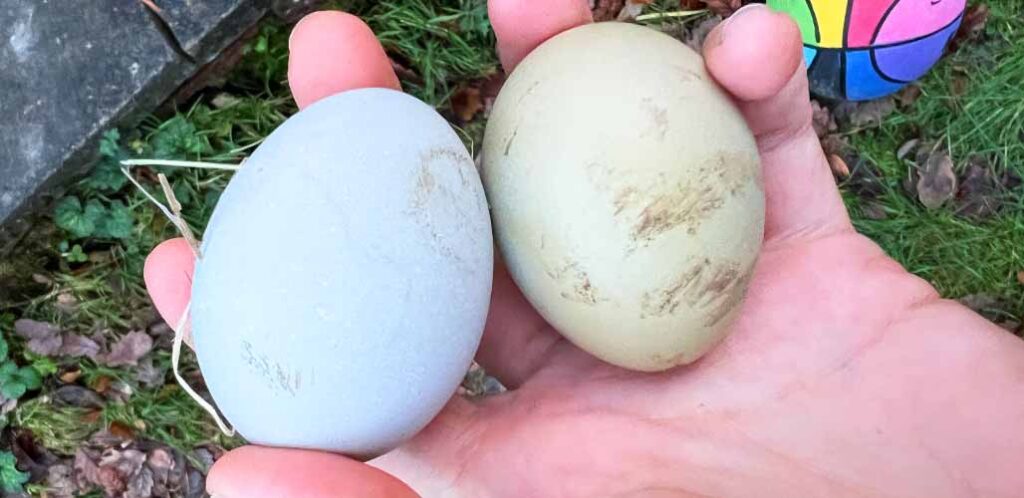
Of my mixed breed hens, two lay green eggs and one lays pure blue. I was confident initially that the white hen was laying the blue eggs, and the speckled hens were laying green.
The logic being that green eggs have additional pigment, and to look at her feathers our white hen, Corey, has none. But I was wrong! Rocky, one of the speckled hens, lays blue eggs. Waffle and Corey lay green every time.
Egg color genetics are a fabulous mystery that science is only just beginning to uncover. But at least on my own tiny small holding, the beginnings of understanding are peeking through.

